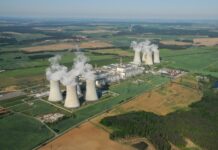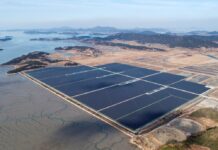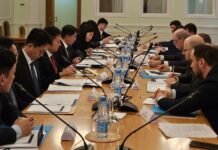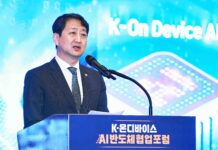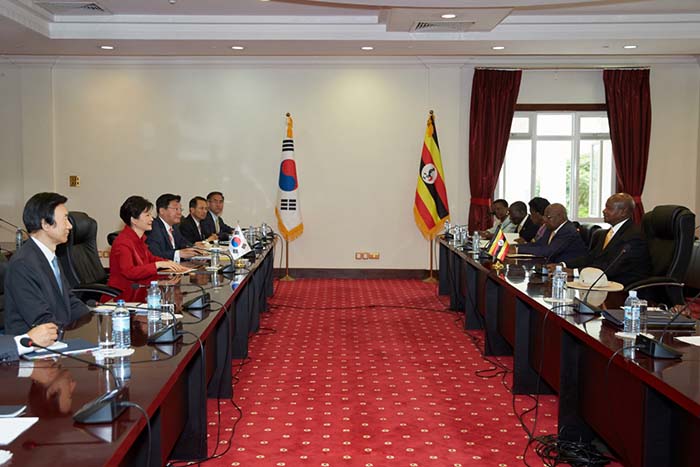
During her state visit to Uganda, President Park Geun-hye discusses bilateral ties, particularly cooperation on economic development, during summit talks with Ugandan President Yoweri Museveni on May 29.
Korea and Uganda have agreed to form a stronger economic partnership.
President Park Geun-hye and Ugandan President Yoweri Museveni have agreed to develop their partnership across five broad areas: investment; trade; tourism; developing skilled human resources with the help of new technologies; and, lastly, the New Community Movement, or Saemaul Undong, a series of rural and agricultural development policies. The two leaders discussed their collaboration during summit talks in Entebbe on May 29. Nineteen memorandums of understanding were signed, of which 17 focused on economic development.
The two governments agreed to support Korean businesses as they participate in infrastructure construction programs in Uganda, a key part of the African nation’s second National Development Plan (NDP). The Ugandan government has been working on building infrastructure, including roads, electricity grids, and energy and industrial facilities, as part of the second NDP, which is planned to run until June 2020.
As part of their new partnership, Korean businesses will take part in building an oil refinery in Hoima, in western Uganda, and run feasibility studies for road and expressway projects. The Hoima oil refinery is a USD 2.5 billion project supported by the Ugandan government. It includes an oil refinery, pipelines and an oil terminal in Hoima District. The consortium, of which Korean company GS E&C is a member, was chosen as a “priority partner” for negotiations in February 2015, and the two sides are now discussing a USD 1.5 billion engineering procurement and construction (EPC) contract. Construction is set to start in 2018 once the contract is signed. Alongside the refinery, other Korean companies will participate in feasibility studies and on designing an expressway, projects worth around USD 4.55 million.
Partnerships in energy, industry and factories were also agreed between Seoul and Kampala. The Ugandan government is currently working on expanding its power generation capacity to 2,500 kilowatts by 2020, up from 827 kilowatts in 2014. The memorandums of understanding concerning electricity, signed the same day, have become the cornerstone for Korean companies as they take part in infrastructure construction projects across Uganda.
The two governments agreed to diversify their partnership in high value-added areas, such as ICT and digital content, and to include health care and medicine. As part of the agreement, two MOUs were signed concerning a nationwide health care network in Uganda, and a master plan was agreed upon for the unrolling of online government services and more government websites. The Ugandan government promised to provide support for Korean companies that participate in joint ICT infrastructure projects in the nation. It was also agreed that disease management and content creation would be areas of bilateral collaboration.
Finally, the two governments discussed ways in which they could forge a stronger partnership in terms of agriculture. To share Korea’s skills and experience of rural and agricultural development, including the New Community Movement, a range of policies that Korea used in the 1970s and 1980s to change from an agricultural economy to an industrial economy, the Korean government signed MOUs that cover rural development and rural finance, as well.
By Chang Iou-chung
Korea.net Staff Writer
Photos: Cheong Wa Dae
icchang@korea.kr


